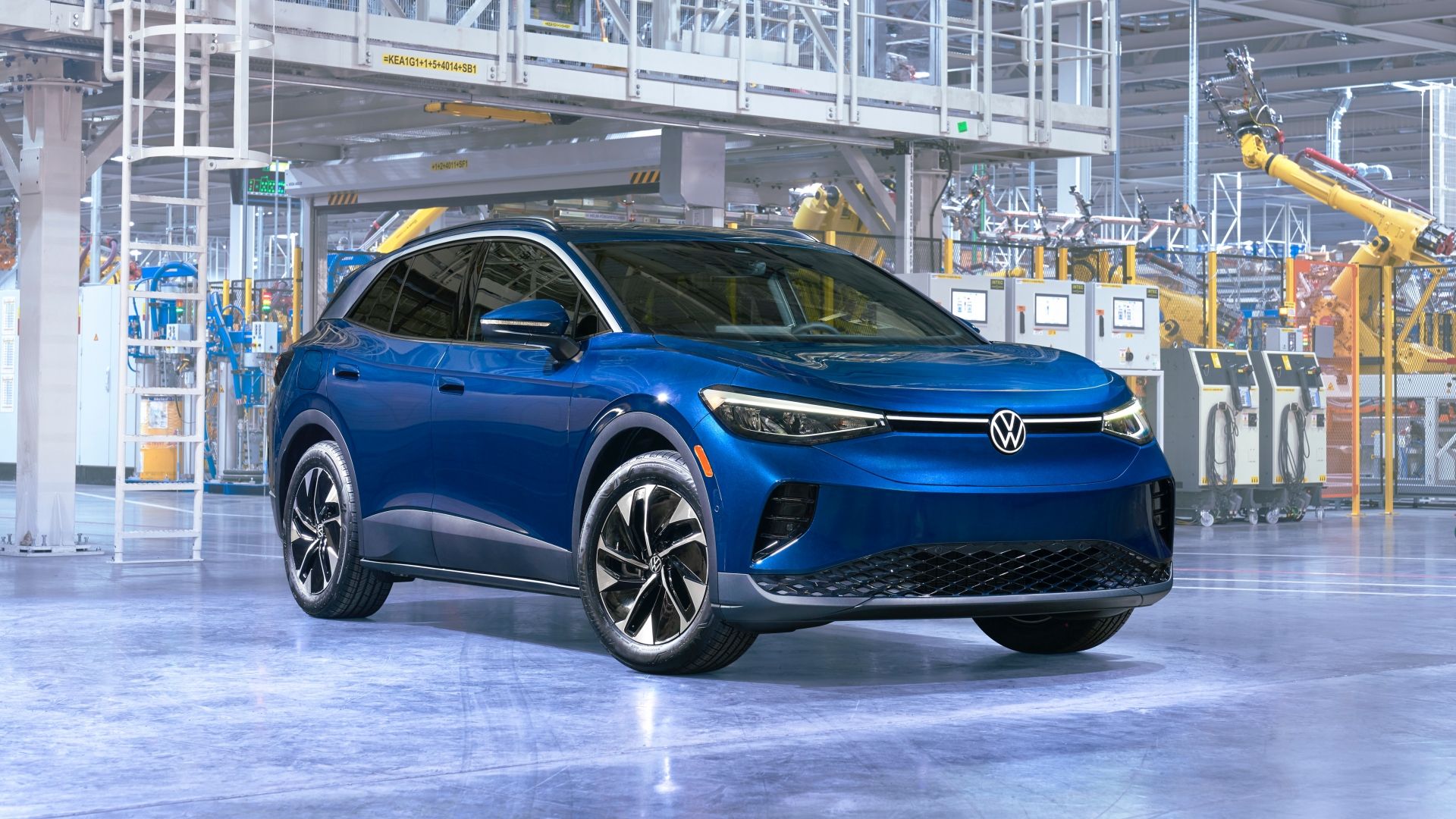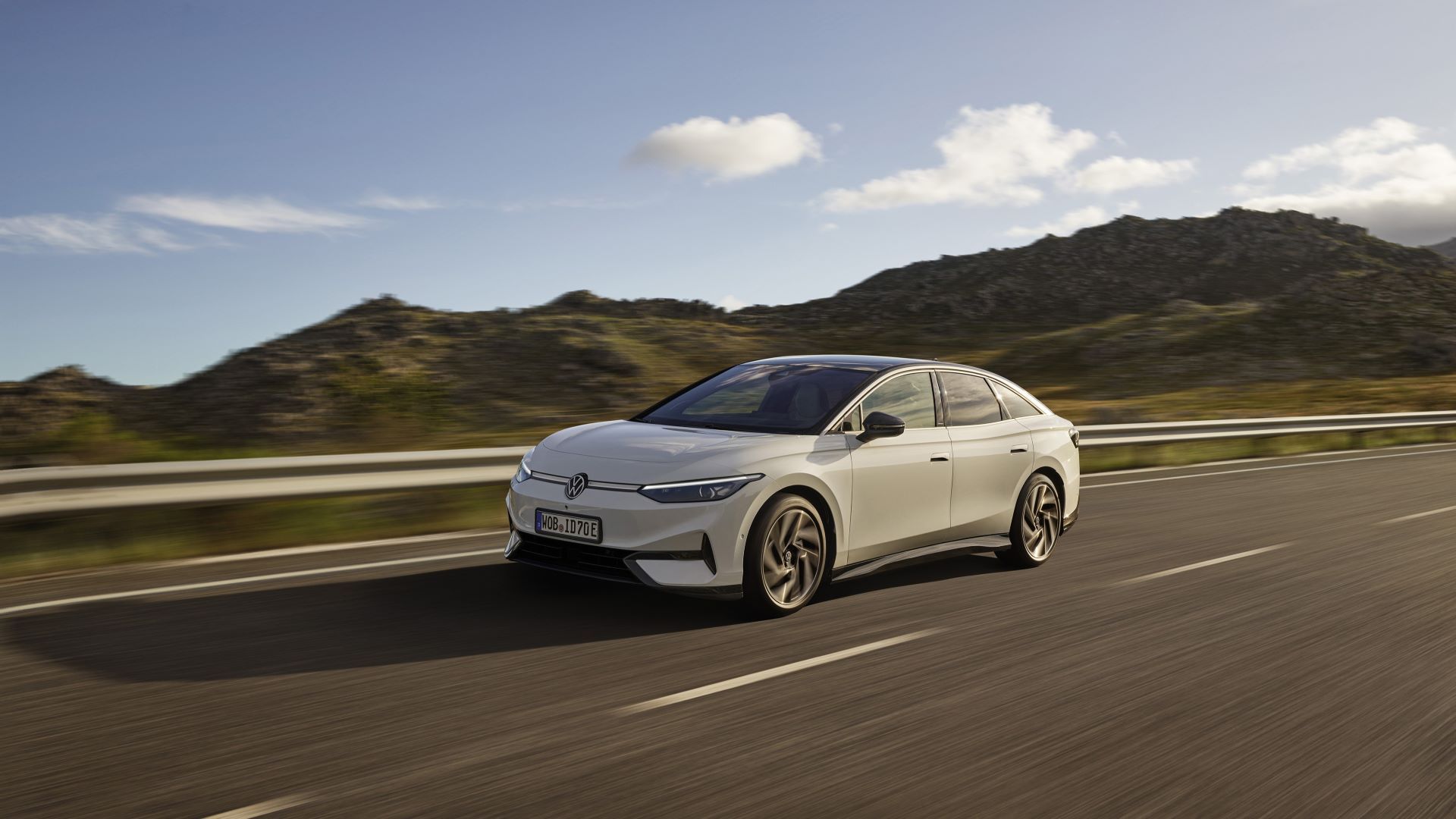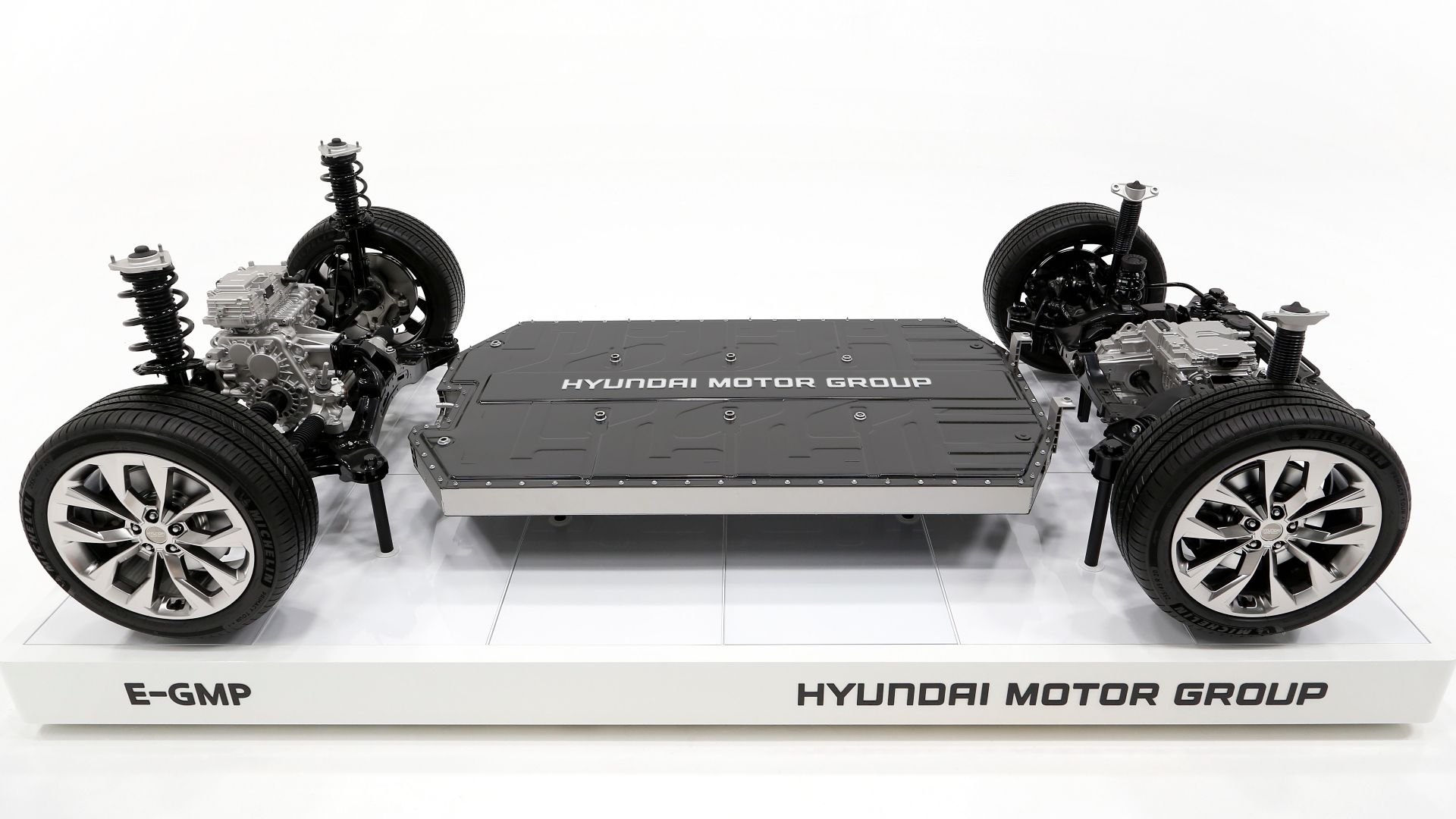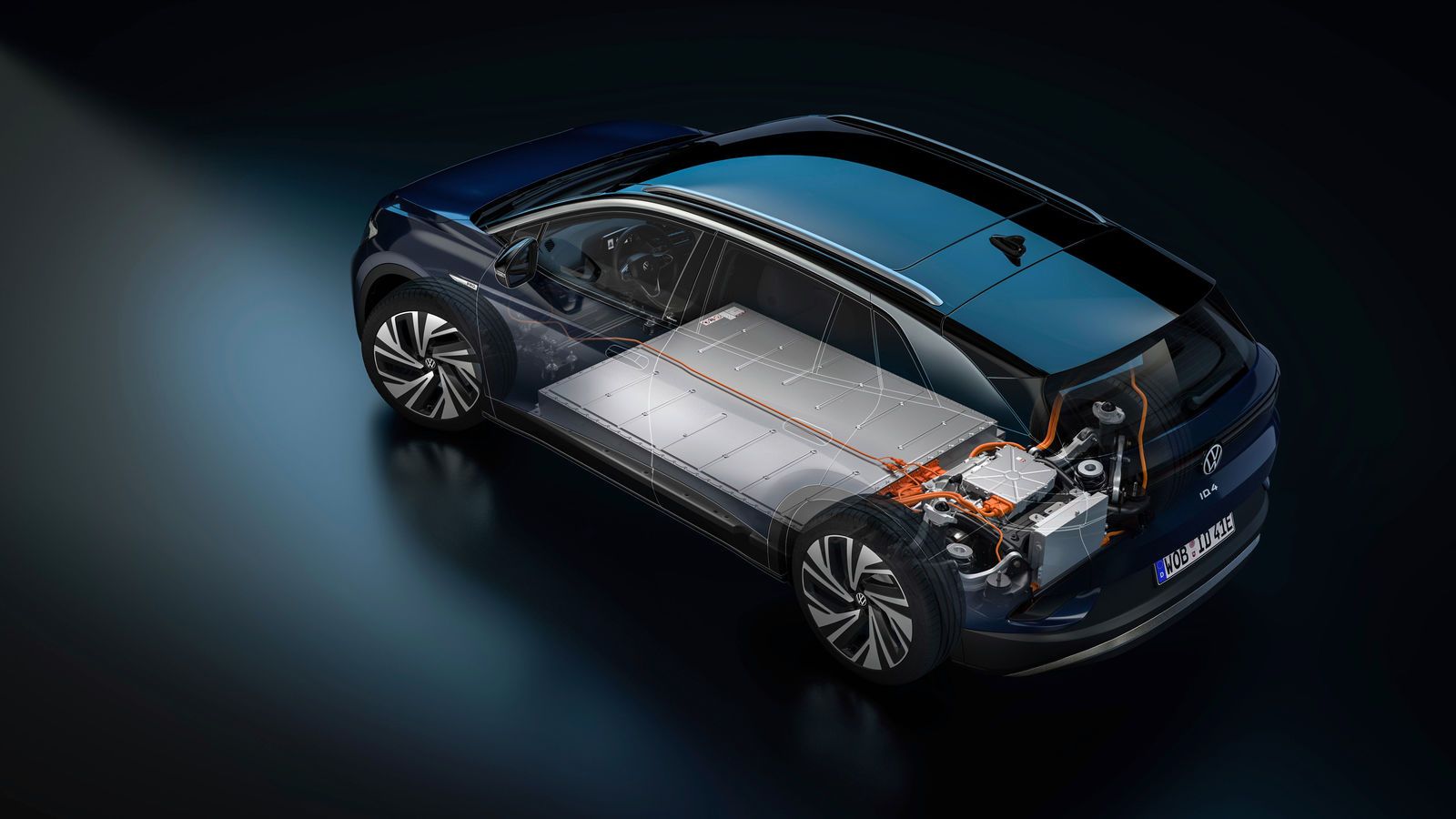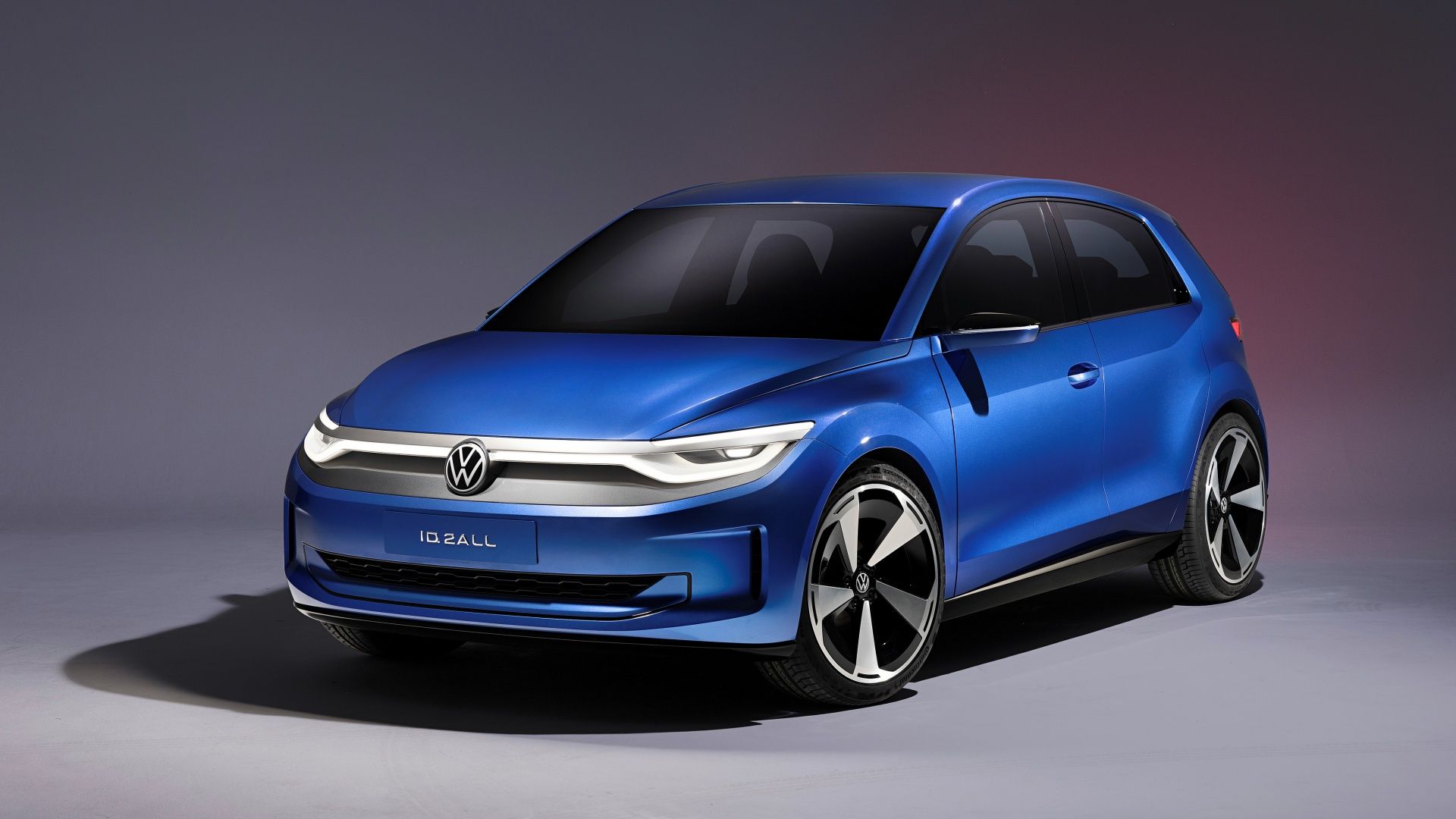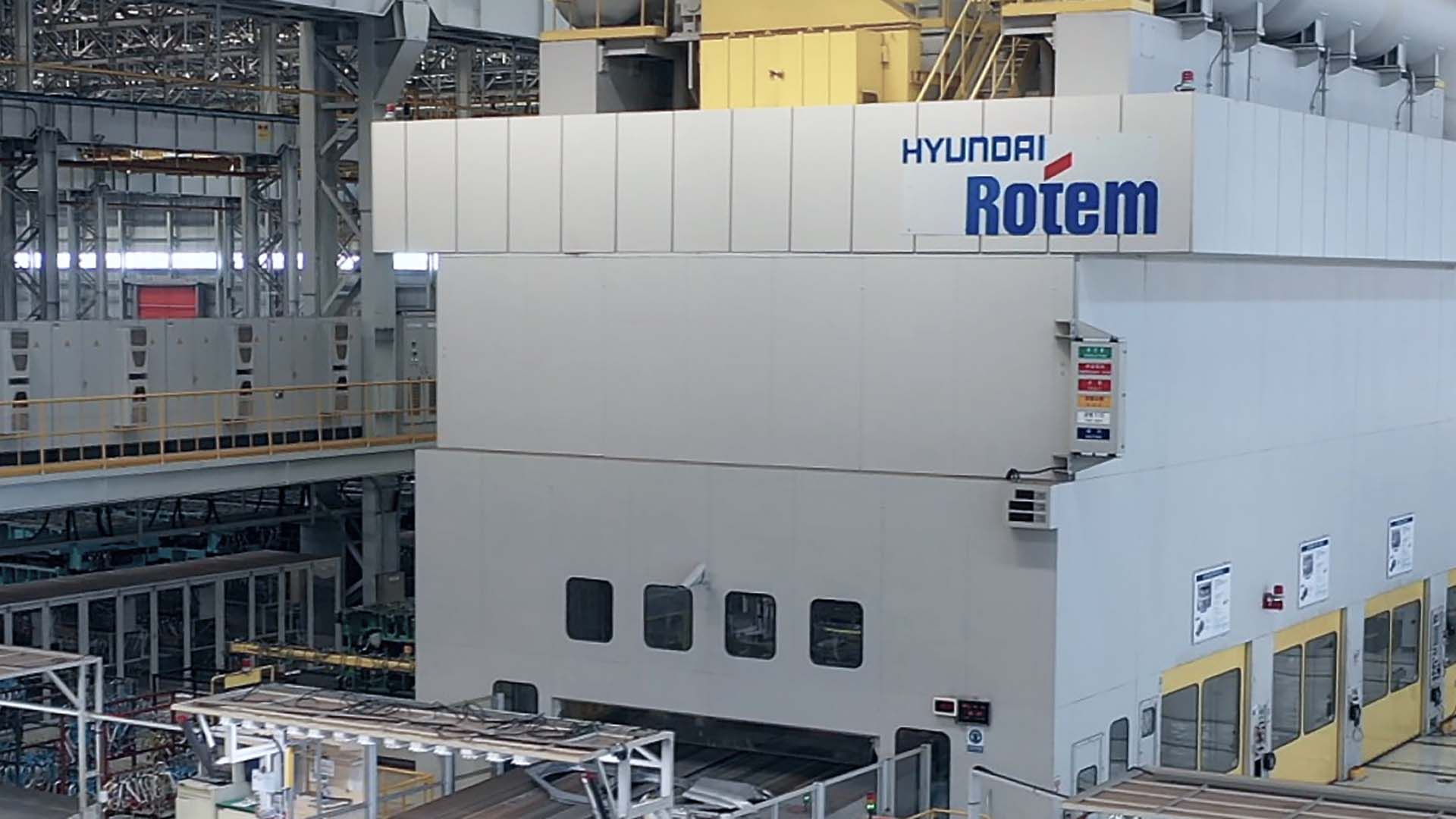Summary
- The shift to electric vehicles is transforming supply chains, with automakers like Hyundai forming new partnerships to support their EV production.
- Volkswagen Group recently partnered with Hyundai Mobis, an OEM parts supplier under Hyundai Motor Group, to supply battery system assemblies for its next-generation EVs.
- Hyundai Mobis is expanding its production capacity globally, establishing manufacturing facilities in Spain, the United States, the Czech Republic, and Indonesia, and becoming a major supplier of EV components worldwide.
The shift toward electric vehicles (EVs) is reshaping global supply chains. Most of the traditional third-party suppliers we know are currently focused on vehicles with internal combustion engines (ICE), such as Japanese company Aisin which makes transmissions, or Brembo which is famously known for its high-performance brake systems. But in the EV age, automakers are forming new partnerships or even creating new companies to support their EV supply chain.
Take Hyundai Motor Group (HMG), for example. We recently talked about how HMG is actually a lot bigger and more vertically integrated than you probably think, making them a force to be reckoned with in the EV race. In fact, HMG is so big and robust, a large German automaker has decided to forge a partnership with one of the group's companies.
Your Next Volkswagen Group EV Will Have Korean DNA In It
The company I'm talking about here is Volkswagen Group, which recently formed a partnership with Hyundai Mobis, an OEM vehicle parts supplier that's part of HMG's diverse group of companies. The scope of Hyundai Mobis is broad, ranging from airbags, seatbelts, steering components, and even the parts that make up your vehicle's chassis, cockpit, and infotainment system.
In the electrified age, Hyundai Mobis makes the Battery System Assembly (BSA), which is composed of the battery pack, the battery management system (BMS), and other components, to ensure the safe and efficient operation of the battery in an electric vehicle and in smaller scale applications such as hybrids.
Of course, Hyundai Mobis mainly caters to HMG's Hyundai, Kia, and Genesis vehicles, but they've been supplying this to hybrids both made by HMG and other automakers for years already. In the case of the new partnership with Volkswagen Group, Hyundai Mobis will supply BSAs to the next-generation EVs made by the German group. Therefore, expect Volkswagens, Audis, Porsches, and probably even Bentley and Lamborghini EVs to come with a bit of Korean DNA.
And that's not exactly a bad thing, mind you. We've already seen these BSAs in action with the numerous Ioniq 5s and EV6s that are already on the road, and the components making up these EVs have given these extremely-popular electric crossovers a good range and exceptional on-road performance. Hyundai Mobis also previewed to the world a number of concepts over the years, most notable of which is their roll-up infotainment screens, and most famously, a true crab-walking Ioniq 5.
How HMG Will Execute Its Partnership With Volkswagen
Hyundai Mobis is planning to formally establish a new production facility near an automotive assembly plant in Spain, but this is a plan that was already formulated prior to the group formally signing the deal with Volkswagen Group. What's left to obtain in order for the plan to be executed is the board's approval, which is expected to be within the year.
HMG opening up a new plant near one of its customer's manufacturing sites isn't unheard of. Almost every automaker that has formed a partnership with a third-party supplier has usually done this in order to achieve the lowest shipping, manufacturing, and overhead costs.
Volkswagen Group recently held a groundbreaking ceremony in Valencia, Spain, for the construction of Gigafactory Valencia, a new, massive battery plant that has a planned initial production capacity of 40 GWh with expansion room for up to 60 GWh in the near future. While Hyundai Mobis did not disclose the location of the upcoming manufacturing facility in Spain, it wouldn't be surprising if the location will also be near the Gigafactory Valencia.
As of the moment, Hyundai Mobis has BSA production lines in South Korea and in the Czech Republic (where the Kona Electric is produced for Europe). Hyundai Mobis is also currently constructing manufacturing sites for BSAs in the United States and more recently, in Indonesia. This move will further establish Hyundai Mobis as a major supplier of EV components thanks to its manufacturing presence in all major market regions around the world.
When Can We Expect A Volkswagen Group EV With Hyundai DNA?
While nothing has been confirmed as of the moment, we can safely predict that Hyundai Mobis BSAs will be present in the next wave of EVs that are in the pipeline from Volkswagen Group. This could include the affordable ID.2 that was previewed by a near-production concept car earlier this year, which is a vehicle that could lead Volkswagen Group to produce 3 million EVs between 2025 and 2030. The Audi Q6 e-tron is one of the group's newest EVs, though since the car is nearly ready for mass production, the Hyundai Mobis BSAs might not yet be ready when this posh luxury EV is released.
The question now is, as you read this article and eventually find out that your next Volkswagen Group EV will come with battery components from HMG, will this influence your purchasing decision on any of these European EVs, whether positively or negatively?
Hyundai Isn't Exactly Just A Car Brand
What made this partnership possible and attractive enough for other car brands is how vertically integrated HMG actually is. In the automotive world, automakers only produce certain components of a vehicle--oftentimes not even the majority of the vehicle are made in-house. For example, most of the engine's components are definitely made by the automaker itself, while the steel for the car's body may be supplied by one company (Nippon Steel, for example), while the tires come from another supplier (such as Bridgestone). The automaker will partner with the supplier to produce a part or component that meets the automaker's specifications, and then the automaker will simply combine all the supplied and in-house parts for the final assembly at their manufacturing plant.
But HMG isn't like everyone else. You see, HMG isn't just simply Hyundai Motor Company, Genesis Motor, LLC, and Kia Corporation. Almost all the components in your Hyundai, Kia, or Genesis didn't come from third-party suppliers. Just to further drive the point, these are the companies under HMG and the parts they produce, and depending on your point of view, you could probably deem HMG as either amazingly large, or dystopian in terms of scale.
Company | Products |
Hyundai Mobis | Seatbelts, infotainment systems, Battery System Assembly, steering systems, chassis components, electronic stability control modules, injection-molded plastic parts, ADAS radars, and sensors |
Hyundai Steel | Steel bodies |
Hyundai TRANSYS | Automatic transmission, manual transmission, CVT, DCT, car seats |
Hyundai KEFICO | Engine control unit, power control unit, injectors, electronic throttle controls, air-fuel module, acceleration sensors, fuel tank pressure sensors |
Hyundai WIA | Engines, C.V. joints, 4WD systems, satellite and defense equipment |
Oh, and that's not all. Despite the "Motor" in Hyundai Motor Group's name, the group isn't just involved in the automotive industry. Your Hyundai, Kia, and Genesis vehicle was shipped to the United States by HMG's shipping and logistics division, Hyundai Glovis, using some of the world's biggest ships made by none other than HD Hyundai--a related but different company from HMG involved in heavy-duty industries.
HD Hyundai also has a heavy-duty robotics division, and they're also responsible for the automation and the robots used in the manufacturing of your Hyundai, Kia, and Genesis vehicle. Even the gigantic press and stamping machines by Hyundai Steel have robots made by Hyundai Rotem, which also makes trains and defense equipment. Impressed? Well, so are we.

